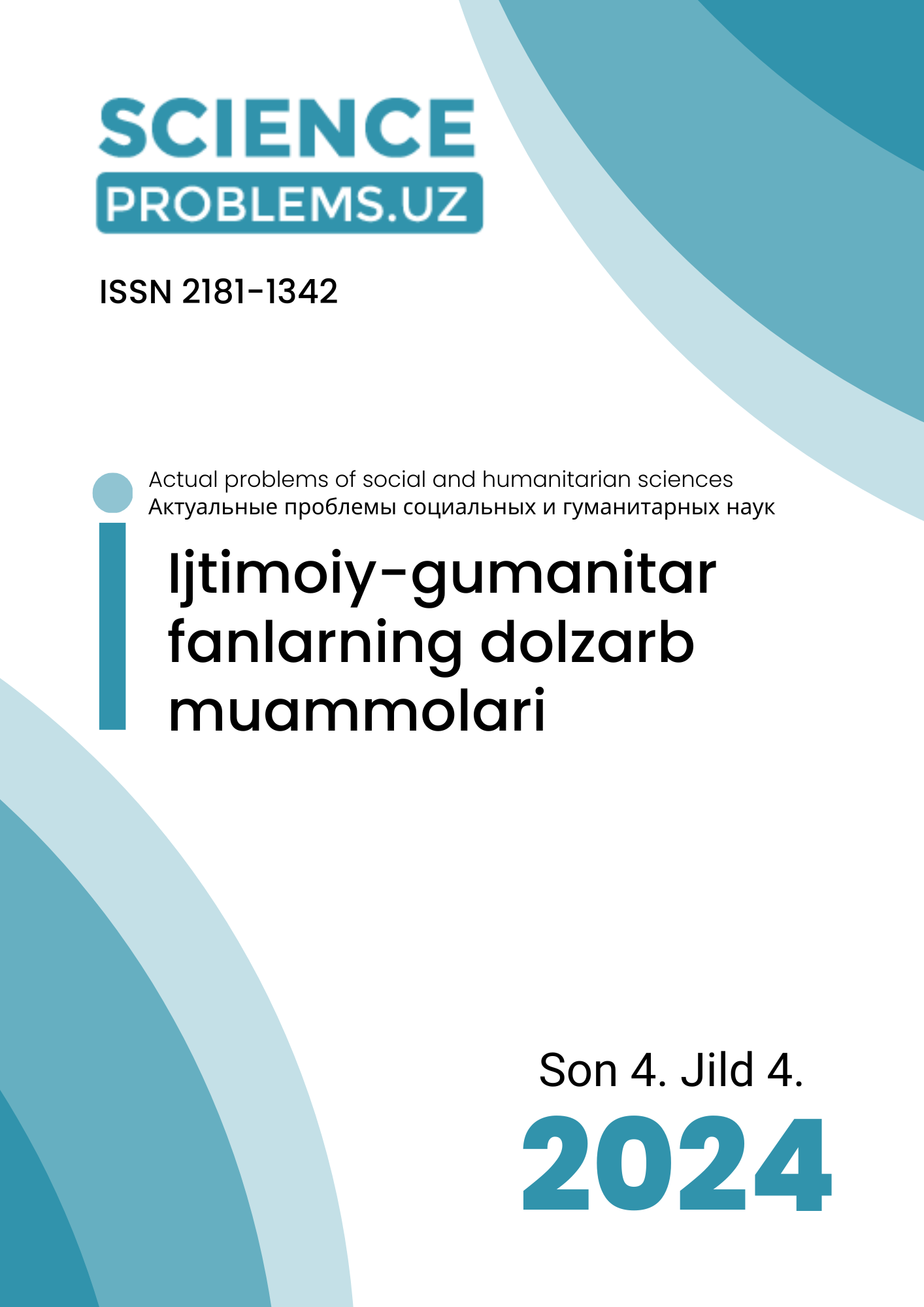THE ROLE OF IDIOMS IN ENHANCING BUSINESS COMMUNICATION: A STUDY ON THE USAGE OF IDIOMS IN BUSINESS LETTERS
DOI:
https://doi.org/10.47390/SPR1342V4I4Y2024N30Keywords:
business letters, business idioms, general idioms, cultural background, business communicationAbstract
The article provides a brief overview of a study on the usage of idioms in business letters. The study employed a literature review, analyzed business letters, and conducted a survey to identify the key benefits and drawbacks of using idioms in business letters, as well as the factors that influence their appropriateness. The results revealed that while idioms can make business letters more interesting and engaging, overusing or misusing them can lead to confusion. Appropriateness depends on several factors, including the reader's culture and language, the context, and the purpose of the letter. The study suggests guidelines for using idioms judiciously and appropriately to enhance the effectiveness of business communication. The findings can inform business communication practices, helping writers create more effective and engaging business letters.
References
Abdullaev Sh. (2006) Tarjima asarlarda frazeologizmlar semantikasi. Filol.fan nomzodi....diss. avtoreferati [Semantics of phraseologisms in translation works. Philology. Candidate of Science dissertation abstract]. –Toshkent.
Cheng, Y. (2019). The Effectiveness of Business Idioms in Business Communication: A Study of Native and Non-Native Speakers. Journal of Language and Linguistics, 8(2), 1-16.
Collins, H. (2013). The Importance of Idioms in Business English. Retrieved from https://www.english.com/blog/the-importance-of-idioms-in-business-english/
Crystal, D. (2008). A Dictionary of Linguistics and Phonetics (6th ed.). John Wiley & Sons.
Jones, T. (2018). The impact of tone in business letters. University of Cambridge. Retrieved from https://www.cam.ac.uk/research/news/the-impact-of-tone-in-business-letters
Kecskes, I. (2014). Intercultural Pragmatics. Oxford University Press.
Kramsch, C. (1998). Language and Culture. Oxford University Press.
Lakoff, G., & Johnson, M. (1980). Metaphors We Live By. University Of Chicago Press.
Li, L., & Shi, L. (2017). A Corpus-Based Study of Business Idioms in American English. Journal of Language Teaching and Research, 8(4), 689-697.
Mamatov A. (1999) O‘zbek tili frazeologizmlarining shakllanish masalalari [Problems of formation of Uzbek language phraseologisms]. –Toshkent.
Mustaeva, G. S., Saidivalieva, B. S., & Ataeva, G. B. (2022, June). Features of professional vocabulary and its difference from terms. In AIP Conference Proceedings (Vol. 2432, No. 1). AIP Publishing.
O'Hara, S., & Reynolds, J. (2007). Writing Clearly: A Self-Teaching Guide (2nd ed.). Barron's Educational Series.
Oxford Learner's Dictionaries. (n.d.). Idioms in Business English. Retrieved from https://www.oxfordlearnersdictionaries.com/definition/english-idioms/business-english-idi References:
Rahmatullaev Sh. (1966) O‘zbek frazeologiyasining ba'zi masalalari [Some issues of Uzbek phraseology]. –Toshkent.
Rahmatullaev Sh. (1992) O‘zbek tilining frazeologik lug‘ati [Phraseological dictionary of the Uzbek language]. –Toshkent.
Smith, J. (2019). The usage of idioms in business letters. Journal of Business Communication, 56(3), 345-356.
Turaboyeva Lobar Quramboyevna (2023). O'zbek tilida frazeologiya masalalarining tadqiqiga doir [ On the study of phraseological issues in the Uzbek language]. Zamonaviy Dunyoda Ijtimoiy Fanlar [Social Sciences in the Modern World], 2(4), 15–18. https://doi.org/10.5281/zenodo.7722812
Yo‘ldoshev B.(1993) Hozirgi o‘zbek adabiy tilida frazeologik birliklarning funksional-uslubiy xususiyatlari [Functional and syntactic characteristics of phraseological units in modern Uzbek literary language]. –Toshkent.








